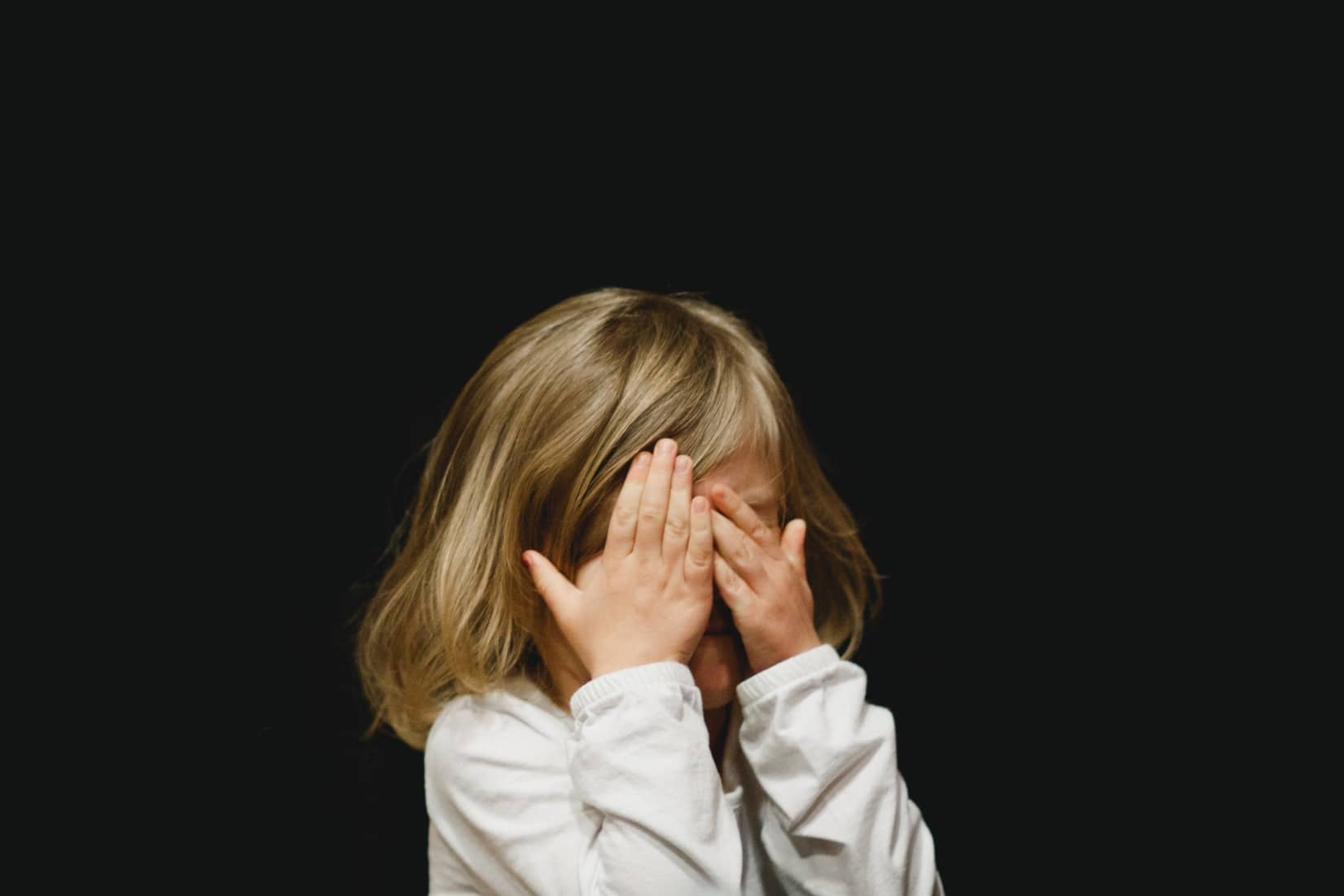The NSPCC-run service Childline today releases stark new data that highlights the huge toll of the pandemic on young people.
Since April last year Childline has carried out 73,088 counselling sessions about mental or emotional health. 5,646 of these counselling sessions were with children aged 11 or under, an increase of nearly a third (29 per cent) when compared to the year before.
Counselling increased by 18%
The charity can also reveal that in 2020/21, the first full year of living under Coronavirus restrictions, it has delivered 16,610 counselling sessions about abuse. Counselling sessions about emotional abuse increased by 18 per cent when compared to the year before.
Over the last year, the NSPCC has grown increasingly concerned about the impact of the pandemic on children’s wellbeing and on young people living in homes that aren’t safe.
1,200 Childline volunteer counsellors
The charity’s 1,200 Childline volunteer counsellors, as well as supporters and partners worked incredibly hard to ensure the service could stay open and young people had somewhere to turn.
Analysis of Childline’s online services shows many children have taken proactive steps to support their emotional wellbeing during this time.
Childhood Day
Now, as lockdown continues to ease, the charity is calling on people everywhere to play their part in giving children a great summer and brighter future – as it launches its landmark Childhood Day.
On 11th June, the NSPCC will ask families, friends and colleagues from across the UK to celebrate childhood by organising a play event to raise money and help keep children safe.
Rantzen: Play is such an important part of childhood
Dame Esther Rantzen, founder of Childline and Hampshire resident, said,
“Throughout this pandemic, children and young people have had to deal with so many difficult new challenges, many knowing that their families were struggling with health worries and financial issues, some locked down in unsafe homes, deprived of their schools which may have been their only refuge. Many have told Childline that they have struggled to cope and their mental health has suffered as a result.
“Childline’s counsellors have been tremendously impressed by the resilience of so many young people during the pandemic, supporting themselves and each other. Nevertheless, we are all only too aware that not only education has suffered, but so has the opportunity to play. My grandchildren have told me how much they have missed their friends during lockdown. Play is such an important part of childhood, building confidence and creating relationships. After the year we’ve had, I am really looking forward to joining my own family on Childhood Day. I do hope as many families as possible will be able to do the same, to enjoy each other’s company and have fun and play together.
“I want to remind children everywhere that Childline is always there for them, no matter how big or small their problem, offering comfort and support which is free, confidential, on the phone or online.”
Singh: Time for play
NSPCC supporter, Medway-born Dr Ranj Singh said,
“Young people have experienced so many different challenges to their mental health this year. Lots will have played less because they’ve been stuck at home, but as restrictions ease and opportunities for play increase it’s important we recognise its benefits.
“Play can help children work through difficult emotions, encounter new experiences and build resilience, confidence and self-esteem. In light of this, I’m backing the NSPCC’s Childhood Day and encouraging families up and down the country to get playing on 11th June.”
Contacts to Childline
Thousands of young people have turned to Childline over the past year as they’ve attempted to navigate the closure of schools, the introduction and easing of lockdowns, concerns about the virus and social isolation.
In 37,784 mental health-related counselling sessions young people mentioned anxiety or stress, in 19,830 they discussed low mood and in 11,007 they talked about confidence issues. Mental health has remained the top reason young people have got in touch with Childline, with these three issues ranking as the most commonly discussed topics.
Great worry and anxiety in young people
At the start of the pandemic the change in daily routines, being stuck at home and the removal of professional support from schools caused great worry and anxiety in young people, particularly those who were already coping with other issues in their lives.
The start of the year and the January lockdown presented another particularly challenging time for young people, as Covid death rates rose and schools closed down for a second time.
10-year old: “If I tell my mum how I feel it will upset her”
A 10-year-old boy told Childline,
“I’m feeling really sad and upset that I can’t spend time with friends and play with them because of another lockdown.
“I’m not returning to school for another five or six weeks and the news about the number of deaths from Covid-19 has made me more scared. I don’t feel like I can tell my mum how I feel inside as it will upset her.”
Childhood Day
The NSPCC’s Childhood Day on 11th June, which was previously piloted in specific areas, launches today with a refreshed look and feel and a renewed ambition to celebrate childhood by getting the nation playing after a really challenging year.
The charity has launched a new film that encourages people to play their part for children by signing up, downloading a fundraising pack and organising a play event to fundraise for the NSPCC. Whether you’re 5 or 85, the charity is encouraging everyone to get involved to play with family, friends or workmates.
Childline online
Despite the challenges of the past year, as well as seeking support from our counsellors, young people accessed Childline online resources, information and tools to support their mental health in ways and at times that were most convenient and helpful to them.
Childline saw huge increases in the number of young people using the Website to access information, advice and resources. The week the March 2020 lockdown began there were over 10,000 page views of the Childline’s Calm Zone, which offers breathing exercises and activities to help let go of stress.
The NSPCC wants to see the Government invest in an ambitious plan for children that goes beyond catching up on lessons and includes more mental health support in both the classroom and the community.
Since the start of April last year, access to mental health support services was mentioned by children in 2,838 counselling sessions.
New shared by Sophie on behalf of NSPCC. Ed
Image: Caleb Woods under CC BY 2.0





